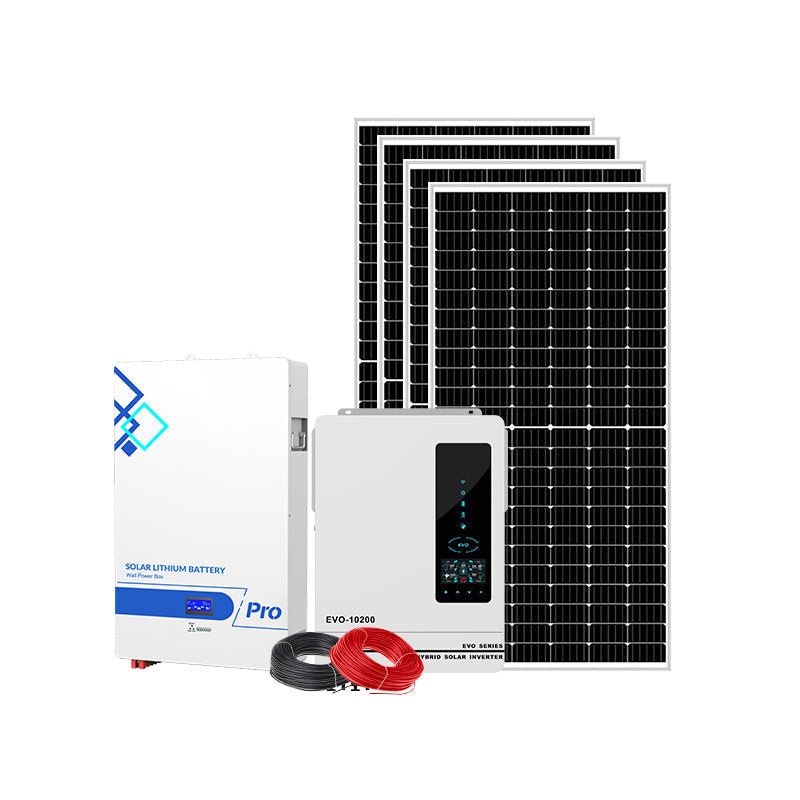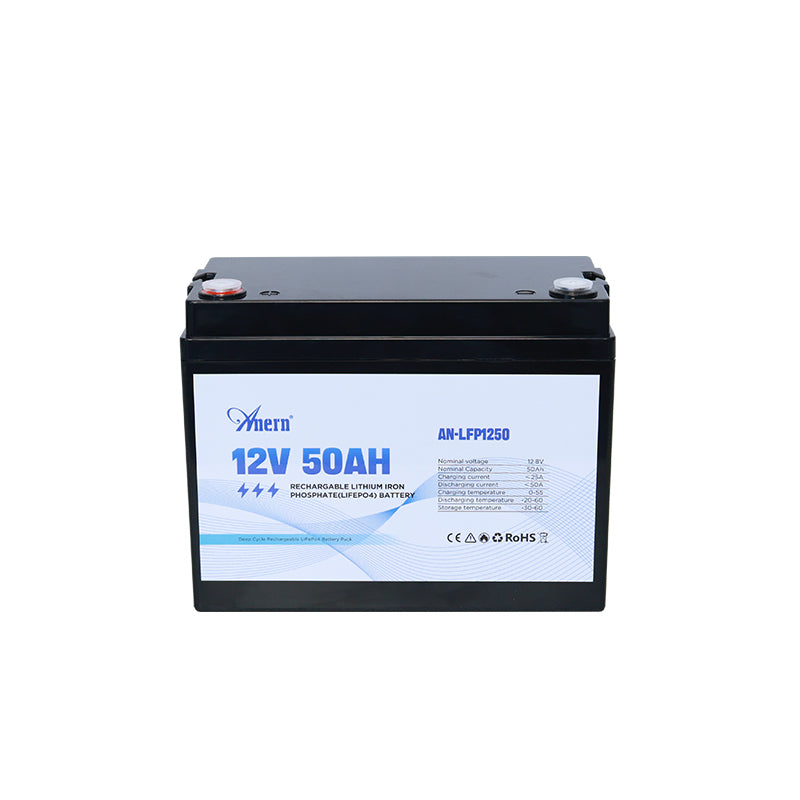Harnessing the power of the sun with an off-grid solar system is a significant step toward energy independence and sustainable living. However, to ensure this valuable asset delivers consistent, reliable power for years to come, regular maintenance is essential. Proper care not only preserves your investment but also maximizes its efficiency and lifespan. According to Green.org, ongoing maintenance is crucial for ensuring maximum energy production and system longevity. This guide provides a comprehensive overview of the key practices required to keep your off-grid solar system in top-notch condition.
Routine Monitoring and Visual Inspections
Regularly monitoring your system's performance is the first line of defense in preventative maintenance. Keep a close eye on the energy production data, which is often accessible through a monitoring app or online portal. A sudden or consistent drop in output that can't be explained by weather patterns can signal issues like dirty panels, loose wiring, or a component malfunction.
Frequent visual inspections are also critical. At least twice a year, and especially after severe weather, take the time to look over the entire system.
- Solar Panels: Look for dirt, debris, bird droppings, cracks, or any signs of discoloration and hotspots. Ensure overhanging tree branches are trimmed to prevent shading.
- Wiring and Connections: Check for frayed or damaged wiring and ensure all connections are secure and free of corrosion.
- Mounting Hardware: Confirm that bolts and frames are tight and secure to withstand the elements.
- Inverter: Check the inverter's display for any warning lights or error codes. Listen for any unusual noises like buzzing or clicking, which could indicate an electrical issue.
Key Maintenance Tasks by Component
Solar Panels: The Powerhouse
Solar panels are your system's engine, but their performance can be hindered by a simple layer of grime. Dust, pollen, and bird droppings can significantly reduce the amount of sunlight reaching the solar cells. For this reason, cleaning your panels once or twice a year is highly recommended.
How to Clean Your Panels Safely:
- Turn Off the System: Always begin by completely shutting down your solar system to ensure safety.
- Choose the Right Time: Clean on an overcast day or during the early morning or evening when the panels are cool. Cleaning hot panels can cause water to evaporate too quickly, leaving streaks.
- Initial Rinse: Use a standard garden hose to rinse away loose debris. Never use a high-pressure washer, as it can damage the panels.
- Gentle Scrub: Use a soft-bristled brush and a mild, biodegradable soap mixed with water to gently scrub the panel surface. Avoid harsh detergents or abrasive materials that could scratch the glass.
- Final Rinse: Thoroughly rinse the panels with clean water to remove all soap residue.
- Dry (Optional): You can use a clean, soft squeegee to dry the panels or simply let them air dry.
If your panels are difficult or unsafe to access, it is best to hire a professional cleaning service.
Batteries: The Energy Store
Your battery bank is the heart of your off-grid system, providing power when the sun isn't shining. Proper battery maintenance is vital for system reliability and longevity. According to some experts, lead-acid batteries typically last 3-7 years, while lithium-ion options can last 10-15 years or more. Maintenance tasks can vary by battery type.
- Keep Terminals Clean: Regularly inspect battery terminals for corrosion. A mixture of baking soda and water can be used to clean any buildup.
- Check Water Levels (for Flooded Lead-Acid): If you have flooded lead-acid batteries, check the electrolyte levels monthly and top them off with distilled water only.
- Ensure Proper Ventilation: Batteries should be housed in a well-ventilated area to prevent overheating, especially in warmer climates. Protecting batteries from extreme temperatures can extend their life.
- Monitor Charge Levels: Avoid frequently draining your batteries completely. Maintaining a depth of discharge (DoD) between 20% and 80% is often recommended to prolong battery life. A quality charge controller is essential for preventing overcharging.
Inverter and Charge Controller: The Brains
The inverter converts DC power from your panels and batteries into usable AC power for your home, while the charge controller manages the flow of energy to the batteries. According to the Residential Solar Panels Inverter Guide, inverters typically have a lifespan of 10 to 15 years and benefit greatly from regular care.
- Keep It Clean and Cool: Ensure the area around your inverter is clean, dry, and well-ventilated to prevent overheating. Use a soft brush or vacuum to gently clean dust from cooling fans and vents.
- Check Connections: Periodically inspect the inverter's connections to ensure they are tight and secure, as loose connections can create heat and reduce efficiency.
- Monitor for Updates: Keep the inverter’s firmware updated to benefit from the latest performance and safety improvements from the manufacturer.
- Install Surge Protection: To protect sensitive electronics from power surges caused by lightning or other grid issues, installing surge protectors is a wise investment.
DIY vs. Professional Maintenance
Many routine maintenance tasks, like cleaning easily accessible panels and conducting visual inspections, can be performed by the system owner. This is a cost-effective way to stay on top of your system's health.
However, for more complex issues, safety should always come first. You should call a qualified professional for:
- Electrical Issues: Any problems with wiring, the inverter, or the charge controller.
- Visible Damage: Significant cracks in panels or signs of internal moisture.
- Steep or Inaccessible Roofs: Tasks that involve heights or other safety hazards.
- Annual Inspections: It is highly recommended to schedule a professional inspection every one to five years. As noted by the NJ Solar Club, qualified technicians can identify underlying problems like loose connections or panel degradation that might go unnoticed.





Leave a comment
All comments are moderated before being published.
This site is protected by hCaptcha and the hCaptcha Privacy Policy and Terms of Service apply.